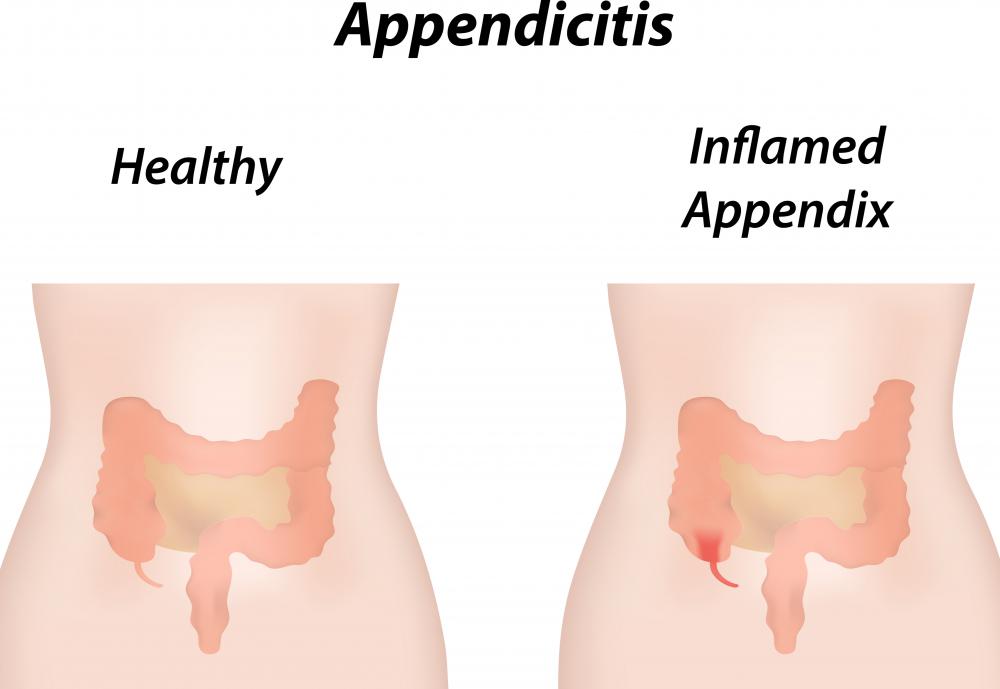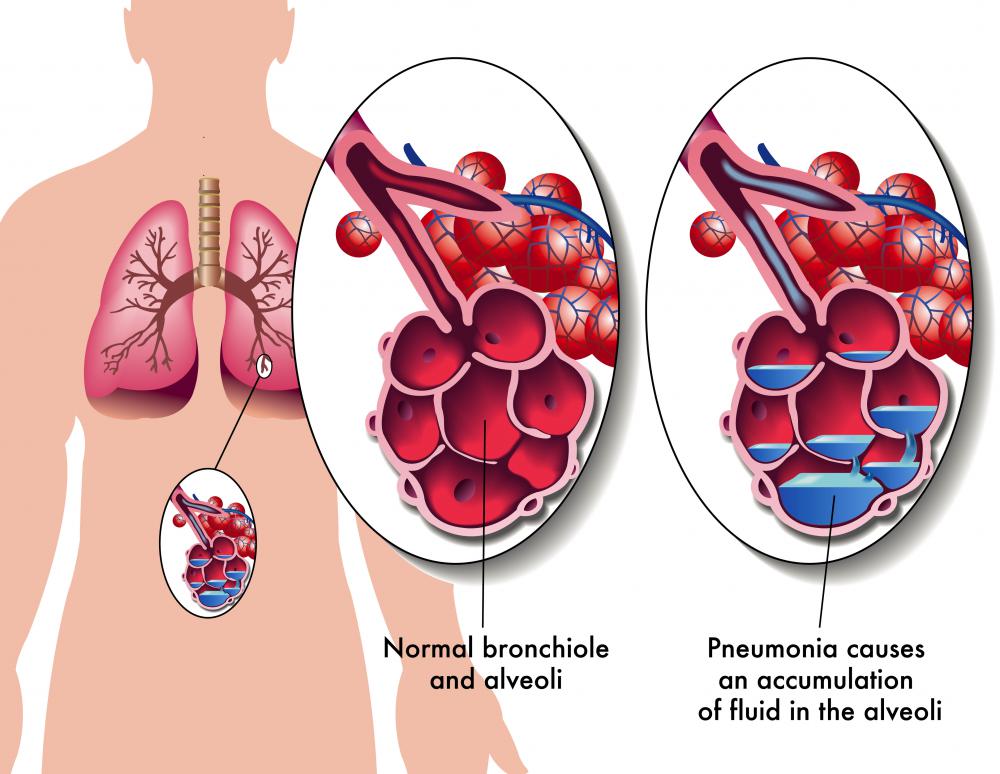At TheHealthBoard, we're committed to delivering accurate, trustworthy information. Our expert-authored content is rigorously fact-checked and sourced from credible authorities. Discover how we uphold the highest standards in providing you with reliable knowledge.
What is Basilar Pneumonia?
The human lungs, intricately divided into lobes, are vital for respiration, and with a direct connection to the outside world, they are susceptible to infections like pneumonia. According to the American Thoracic Society, pneumonia affects millions globally each year. Basilar pneumonia, specifically targeting the lower segments of the inferior lobes, can be particularly severe.
The Centers for Disease Control and Prevention (CDC) report that lower respiratory infections, including basilar pneumonia, are among the leading causes of hospitalization in the United States. Understanding the nuances of this condition is crucial for early detection and effective treatment, underscoring the importance of recognizing its symptoms and risk factors.

The cause of basilar pneumonia is frequently bacterial infection, specifically from Streptococcus pneumoniae, Escherichia coli and Klebsiella pneumoniae. Patients may also develop this condition as a result of aspiration while sitting upright. Aspiration is the inhalation of stomach content or microorganisms from the throat into the lungs.
Risk factors that may predispose individuals to develop pneumonia include alcoholism, diabetes, heart disease, and some cancers. Those with recent viral infection are also at higher risk. In most cases, their immune systems become weak and incapable of fighting off the infectious agent.

Patients with pneumonia usually experience cough, fever, shortness of breath, and chest pain. Abdominal pain and fever may also be seen in some children with basilar pneumonia. A few children with these symptoms have sometimes been mistakenly suspected of having acute appendicitis.
Physicians who specialize in the treatment of respiratory problems are called pulmonologists. They often base their diagnoses on a patient's symptoms, medical history, physical examination, and results of diagnostics tests. An X-ray is often necessary as it can show the affected areas of the lungs. In basilar pneumonia, there is usually an opacity seen in the lower segment of the affected lung.

A complete blood count (CBC) is also often done to check the number of white blood cells (WBCs) in the circulation. An increase in WBCs is usually a sign of an infection in the body. Analysis of the sputum may also be performed in order to distinguish the type of bacteria that's causing the infection, and to determine which medicines will work well against them.

Treating basilar pneumonia often involves the use of antibiotics, which are effective in killing most types of bacteria. Examples of these antibiotics are penicillin, ampicillin-clavulanate, erythromycin, and cefuroxime. Some patients with milder symptoms are usually sent home after having been prescribed with medications. Patients with severe basilar pneumonia, however, are often advised to stay in the hospital for treatment.
FAQ on Basilar Pneumonia
What is basilar pneumonia?

Basilar pneumonia is an infection that specifically affects the lower lobes of the lungs, near the base. It can be caused by various pathogens, including bacteria, viruses, and fungi. Symptoms often include coughing, fever, difficulty breathing, and chest pain. Prompt medical attention is crucial for effective treatment, which may involve antibiotics for bacterial infections or other medications and supportive care for viral causes.
How is basilar pneumonia diagnosed?

Diagnosis of basilar pneumonia typically involves a combination of clinical assessment, imaging, and laboratory tests. A healthcare provider will review symptoms and perform a physical examination. Chest X-rays or CT scans are used to visualize the extent of the infection in the lungs. Blood tests, sputum cultures, or other diagnostic procedures may be conducted to identify the specific pathogen responsible for the infection.
What are the risk factors for developing basilar pneumonia?

Risk factors for basilar pneumonia include smoking, chronic lung diseases like COPD, weakened immune systems, recent respiratory infections, hospitalization, and exposure to certain chemicals or pollutants. Elderly individuals and young children are also at higher risk due to their potentially weaker immune responses. Preventative measures, such as vaccination and good hygiene practices, can help reduce the risk of developing pneumonia.
Can basilar pneumonia lead to complications?

Yes, if left untreated, basilar pneumonia can lead to serious complications. These may include respiratory failure, sepsis, lung abscesses, and pleural effusions. Chronic conditions can also worsen, and in severe cases, pneumonia can be fatal. Early detection and treatment are essential to prevent these outcomes and ensure a better prognosis for the patient.
What is the treatment for basilar pneumonia?
Treatment for basilar pneumonia depends on the underlying cause. Bacterial pneumonia is typically treated with antibiotics, while viral pneumonia may require antiviral medications and supportive care. Additional treatments can include oxygen therapy, pain relievers, fever reducers, and sometimes hospitalization for more severe cases. It's important for patients to follow their healthcare provider's instructions and complete the full course of prescribed medication.
AS FEATURED ON:
AS FEATURED ON:


















Discussion Comments
My sister had pneumonia when she was in kindergarten, and her lungs were very, very cloudy. However, I do not remember what her treatment course was, and if it involved antibiotics.
What's important to remember about antibiotics is that they frequently result in yeast overgrowth, making it important to consume a lot of yogurt while on an antibiotic regimen.
Post your comments